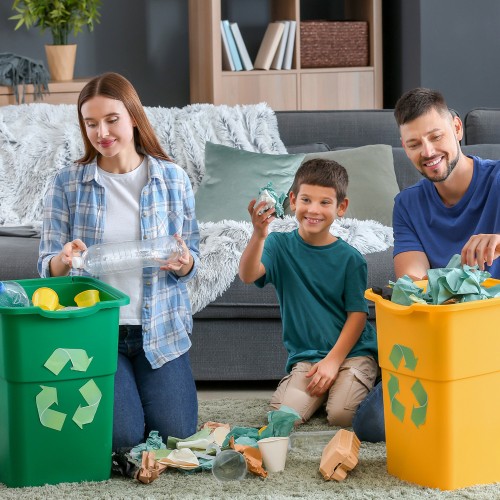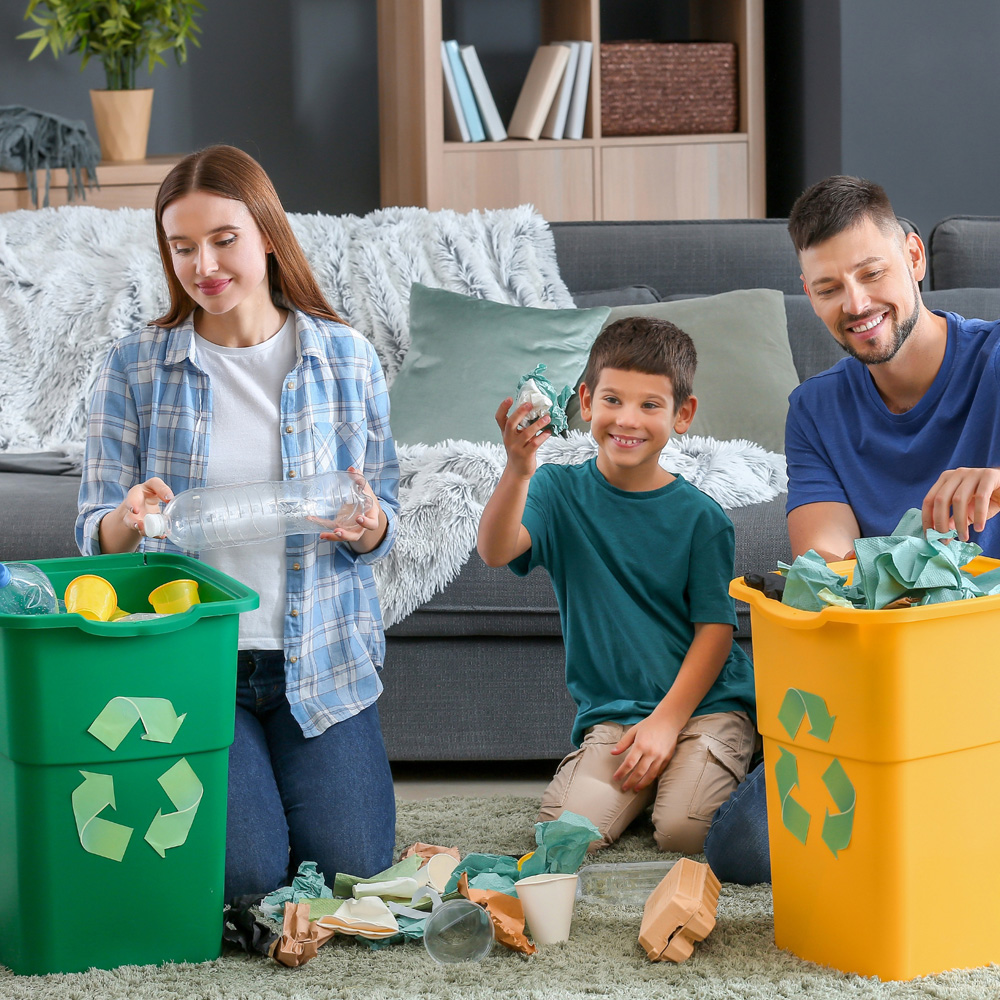Use Multiple Dustbins
By Guest Writer posted November 11, 2024 (198 View)
As soon as it was announced, Sorn went to buy separate dustbins for recyclable wastes and general garbage for all the rooms in her house.
That will save her having to sort out from ONE big pile of rubbish when the dustmen come to collect.
In the sprawling city of Bangkok – plastics have become a way of life through street-food, fresh food markets and shops.
Cheapest form of containers as they are, plastic bags and bottles have swamped the city to an unmanageable proportion that the city politicians are no longer willing to let the residents “do as they like” in their consumption habits.
As city administrators, they have just passed a regulation using a market mechanism of “pricing” as “carrot and stick” for the households to sort out garbage. Those who sort their waste will be charged US$0.56 per month and US$1.71 for those who do not.
Although meagre sums, it is a start of a systematic attempt to rein in the environmental disaster. Previous efforts to discourage single-used plastic and “bring your own shopping bags” have not really done enough to reduce plastic waste and landfills.
Only about a quarter of 2 million-plus households in Asia’s most favorite city sort their waste before collection.
With this latest measure, Bangkok hopes to eventually join other notable cities (still a long way to go) in better waste management. They include:
San Francisco: a leader in the US with a target of zero waste to landfills by 2030. The city’s policies require composting and recycling for all residents and businesses.
Stockholm: has an advanced waste-to-energy system that converts waste into heat and electricity, powering thousands of homes. The city has achieved the highest recycling rates globally.
Tokyo: has strict sorting of waste, dividing it into burnable, non-burnable, recyclable, and oversized categories, which disciplined residents and businesses are diligent about.
Singapore: has an efficient waste-to-energy system that incinerates waste and reduces volume by 90%, while generating energy.
Vienna: focuses on waste prevention, high recycling rates, and efficient waste-to-energy conversion. It has educational programs encourage residents to minimize waste and recycle, resulting with high community participation.
Seoul: charges residents based on the amount of non-recyclable waste they generate, incentivizing recycling.
For the far-behind cities like Bangkok, it’s the households and businesses that need constant reminder when they throw away waste. Every time, they see dustbins for multiple kinds of waste, their carefree habit ought to change.
That is just a start. Bangkok City will need to simplify and standardize recycling rules to reduce confusion and discipline the habits of its residents.
The next consumer-centric plan could be to make a business out of it. Vendor machines can be installed throughout the city where people can return plastic bottles and receive small refunds.
Whatever it takes, market mechanism works best for the carefree Bangkokians.

